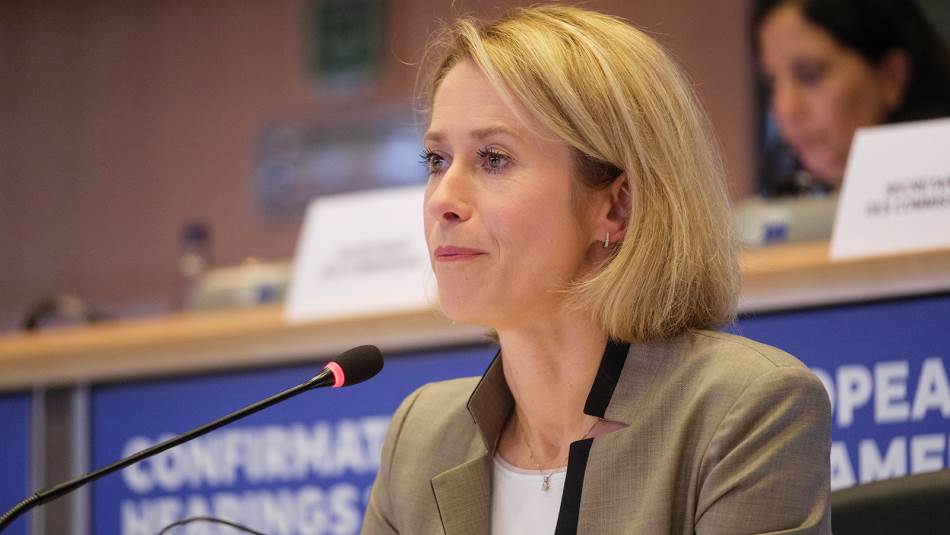EU Foreign Policy Chief Kaja Kallas announced that the European Union would send a senior diplomat to Damascus on Monday to engage with Syria’s new leadership, following the overthrow of President Bashar al-Assad’s regime. However, she outlined conditions for lifting EU sanctions on Syria and the group Hay’at Tahrir al-Sham (HTS).
In parallel, France is preparing a similar diplomatic mission, marking a resumption of contact after a 12-year estrangement from the country.
European Union Mission
Ahead of an EU foreign ministers meeting in Brussels, Kallas emphasized that ministers would focus on how to engage with Syria’s new leadership, but reiterated that the removal of opposition groups from the EU’s terrorism list would depend on their actions. She stressed that any future steps would be determined by the regime’s behavior in the coming weeks, underscoring the need for consensus between regional and international powers on Syria’s future.
Ahmad al-Sharaa: Shifting from a Revolutionary to a State-Building Mentality in Leading Syria
Swedish Foreign Minister Maria Malmer Stenergard called for support for Syrians in their pursuit of democracy, while Dutch Foreign Minister Kasper Veldkamp warned that it is too early to lift sanctions on HTS, urging that any such move should be conditional.
Meanwhile, the UK Foreign Office confirmed it would provide a $63 million aid package to support Syrians in the aftermath of the Assad regime’s downfall.
Lifting Sanctions
Speaking to Reuters, Kallas clarified that the lifting of European sanctions would only occur if the new leadership demonstrates commitment to protecting minorities, ensuring women’s rights, and upholding a unified government that rejects religious extremism. She noted that any discussions on amending the sanctions regime were not yet on the EU’s immediate agenda but could arise later if positive steps are seen.
She also pointed out the complexity of the sanctions, which target not only the Syrian government but also HTS—a major group that helped topple Assad. The involvement of HTS in the overthrow complicates the situation for the international community.
France’s Diplomatic Mission
French Foreign Minister Jean-Noël Barrow confirmed that a French diplomatic mission would visit Damascus on Tuesday. The mission, consisting of four diplomats, aims to accomplish three main objectives:
- To restore French property in Syria.
- To initiate contact with the new authorities.
- To assess the urgent humanitarian needs of the population.
Barrow also expressed cautious optimism about the new leadership’s public statements, which have appeared calm and untainted by human rights abuses. He emphasized that any progress would be contingent on the new regime’s adherence to principles of minority protection, human rights, women’s rights, and counterterrorism.
He further stressed the importance of “vigilance” given the past involvement of some Islamic factions in the new government and the ongoing terrorist threats in Syria. France, he said, would closely monitor the situation and push for the establishment of a transitional authority that is inclusive of all Syria’s religious and sectarian groups. This transition would eventually lead to a new constitution and inclusive elections.
This article was translated and edited by The Syrian Observer. The Syrian Observer has not verified the content of this story. Responsibility for the information and views set out in this article lies entirely with the author.


